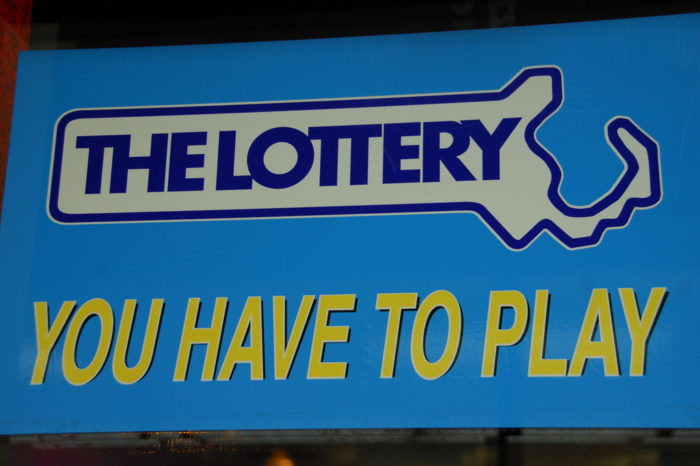Shrinking Margins at the Massachusetts State Lottery
Last week, the Massachusetts Lottery triumphantly announced that, for the fifth straight year, it set a new record for annual revenue and profit. But the details of its financials paint a different picture. For fiscal year 2016, the Lottery generated sales of $5.231 billion, up from $5.014 billion last year. Yet that led only to a $1 million increase in profit – from $985.9 million to $986.9 million. If its profit increase corresponded with its revenue increase (about 4.3%), the Lottery would have netted over $1.028 billion, $41.1 million more than its actual profit.
So why the lower profit margin?
The bulk of the Lottery’s expenses are prizes, which are the total winnings for all players in a given year. For FY 2016, prizes amounted to 73.4 percent of total revenue, up from 72.6 percent last year.
As of 2012, the Massachusetts lottery had the highest prize payout ratio in the country. Because prize payouts are so high, Massachusetts residents spend more money per capita on the Lottery than any other state, lured by the improved overall odds of winning.
However, prize money, as a percentage of revenue, has increased steadily over the last 6 years.
In an FAQ from November of 2010, the Lottery says its “current prize percentage is over 69 percent.” Since then, the prize percentage increased to the current level of 73.4 percent, translating to tens or even hundreds of millions annually. All else equal, if the prize percentage level for 2016 equaled the 2015 rate – 72.6% – the Lottery would have earned $45 million more in profit, primarily to the benefit of cities and towns in the form of local aid. But all else is not equal. Prize payout ratios are part of a larger marketing strategy. Many would argue a decrease in prize payout ratio translates to a decrease in sales. And prize payouts, overshadowed by record sales, have received little public scrutiny.
However, sales this year were bolstered by record-high U.S. and world jackpots, which alone accounted for $56.8 million. Without this boost, it’s likely that MassLottery would not have beat 2015 profits. And according to this table from FiveThirtyEight, MassLottery’s expenditures on prize money seem to have a detrimental effect on its overall profit, especially in relation to its peers. States like Rhode Island and Delaware spend significantly less on prizes and still generate higher profits than Massachusetts. This begs the question: are prize payouts too high?
Due to long-term questions about the Lottery’s growth, it’s crucial, now more than ever, that MassLottery maximize its profits. Lottery profits funnel directly to the coffers of local governments – often supplementing low-income cities with crucial funds. Whether this means a change in prize payouts or a shift to online gaming, the Lottery must turn sales into profit more efficiently.



